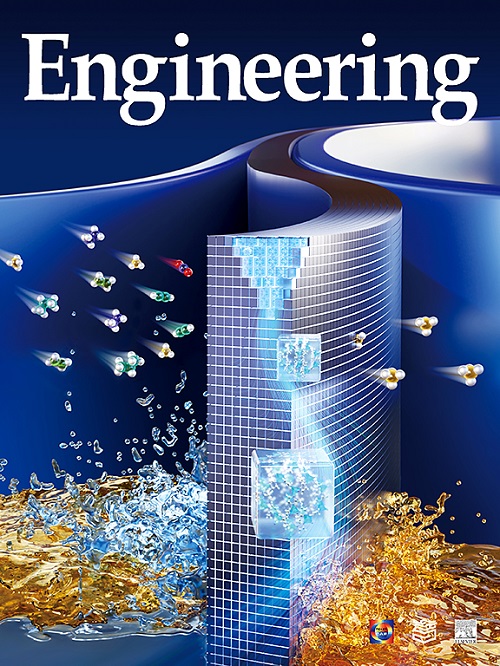Interactions Among Food Systems, Climate Change, and Air Pollution: A Review
IF 10.1
1区 工程技术
Q1 ENGINEERING, MULTIDISCIPLINARY
引用次数: 0
Abstract
Food systems are deeply affected by climate change and air pollution, while being key contributors to these environmental challenges. Understanding the complex interactions among food systems, climate change, and air pollution is crucial for mitigating climate change, improving air quality, and promoting the sustainable development of food systems. However, the literature lacks a comprehensive review of these interactions, particularly in the current phase of rapid development in the field. To address this gap, this study systematically reviews recent research on the impacts of climate change and air pollution on food systems, as well as the greenhouse gas and air pollutant emissions from agri-food systems and their contribution to global climate change and air pollution. In addition, this study summarizes various strategies for mitigation and adaptation, including adjustments in agricultural practices and food supply chains. Profound changes in food systems are urgently needed to enhance adaptability and reduce emissions. This review offers a critical overview of current research on the interactions among food systems, climate change, and air pollution and highlights future research directions to support the transition to sustainable food systems.
粮食系统、气候变化和空气污染之间的相互作用:综述
粮食系统深受气候变化和空气污染的影响,同时也是造成这些环境挑战的主要因素。了解粮食系统、气候变化和空气污染之间复杂的相互作用对于减缓气候变化、改善空气质量和促进粮食系统的可持续发展至关重要。然而,文献缺乏对这些相互作用的全面回顾,特别是在该领域快速发展的当前阶段。为了弥补这一差距,本研究系统地回顾了最近关于气候变化和空气污染对粮食系统影响的研究,以及农业粮食系统的温室气体和空气污染物排放及其对全球气候变化和空气污染的贡献。此外,本研究总结了各种缓解和适应战略,包括调整农业做法和粮食供应链。迫切需要对粮食系统进行深刻变革,以增强适应性和减少排放。本文综述了当前粮食系统、气候变化和空气污染之间相互作用的研究,并强调了未来的研究方向,以支持向可持续粮食系统的过渡。
本文章由计算机程序翻译,如有差异,请以英文原文为准。
求助全文
约1分钟内获得全文
求助全文
来源期刊

Engineering
Environmental Science-Environmental Engineering
自引率
1.60%
发文量
335
审稿时长
35 days
期刊介绍:
Engineering, an international open-access journal initiated by the Chinese Academy of Engineering (CAE) in 2015, serves as a distinguished platform for disseminating cutting-edge advancements in engineering R&D, sharing major research outputs, and highlighting key achievements worldwide. The journal's objectives encompass reporting progress in engineering science, fostering discussions on hot topics, addressing areas of interest, challenges, and prospects in engineering development, while considering human and environmental well-being and ethics in engineering. It aims to inspire breakthroughs and innovations with profound economic and social significance, propelling them to advanced international standards and transforming them into a new productive force. Ultimately, this endeavor seeks to bring about positive changes globally, benefit humanity, and shape a new future.
 求助内容:
求助内容: 应助结果提醒方式:
应助结果提醒方式:


